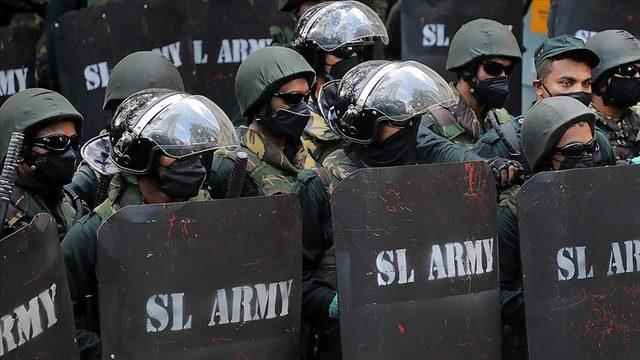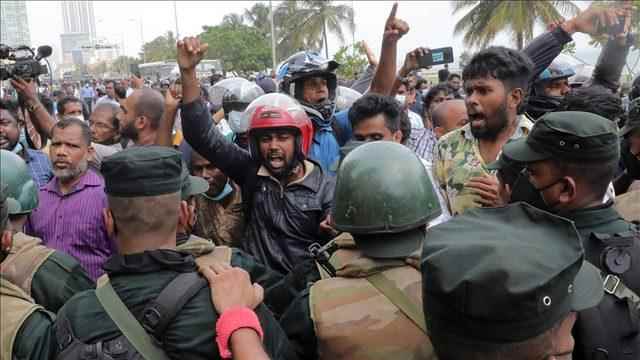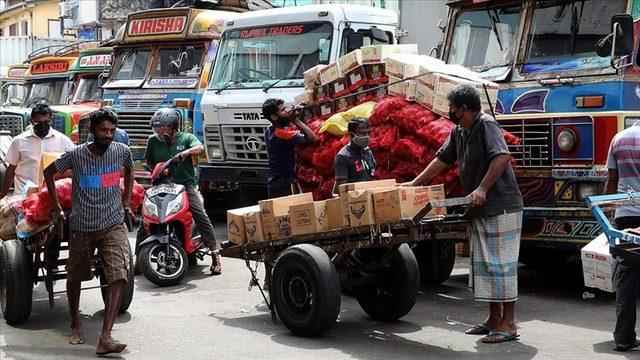Breaking news: The country’s economy collapsed in Sri Lanka, where uprisings began with major economic crises recently. In the country where the people took to the streets, Prime Minister Mahinda Rajapaksa resigned on 9 May. The appointed Prime Minister, Ranil Wickremesinghe, announced that the country’s economy had collapsed and they could not even pay for oil imports.
“GOVERNMENT MISSED THE CHANCE”
“Our economy has completely collapsed,” Prime Minister Wickremesinghe said in a speech in parliament, saying that Sri Lanka faces a serious situation beyond fuel, gas, electricity and food shortages. used the phrase.
Wickremesinghe, who said that even oil imports could not be paid for, stated that the government missed its chance to reverse the crisis.
THE PEOPLE CASE TO THE STREET
The people in the country, which is facing the biggest economic crisis in its history, intensified their protests at the end of March after the power cuts found 13 hours a day.
There was a clash between the demonstrators gathered around the Prime Minister’s Office on 9 May and the supporters of the government, and military units were called to duty in the capital Colombo.

PRIME MINISTER REsigned
After increasing pressure from the opposition, Prime Minister Mahinda Rajapaksa resigned on 9 May and the cabinet was dissolved.
President Gotabaya Rajapaksa appointed Ranil Wickremesinghe, who previously served as prime minister for three terms, as prime minister on 12 May.

THERE ARE LOSS OF LIVES AND INJURED AT THE PROTESTS
After the violence, a nationwide curfew was declared, and the government ordered that anyone who harmed public property or others during the protests be shot at.
In the protests that spread across the country, 8 people, including the ruling party deputy and 2 police officers, lost their lives and 250 people were injured.
Sri Lankans are currently struggling with fuel shortages, power cuts and rising food and transport prices.
(AA)
